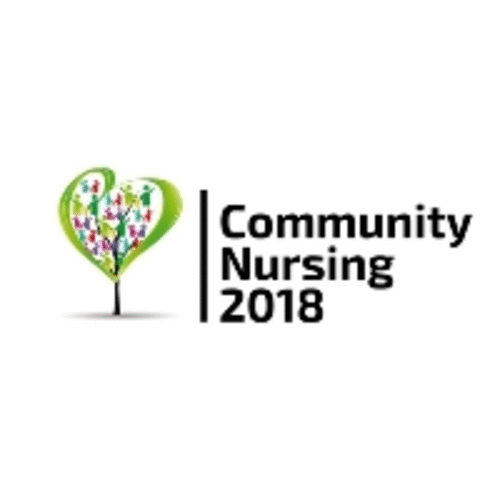
Margaret williams
Nelson Mandela Metropolitan University, South Africa
Title: Exclusive breastfeeding: How can healthcare workers assist nursing mothers?
Biography
Biography: Margaret williams
Abstract
Despite the fact that breastfeeding is an accepted cultural norm in South Africa, the latest South African Demographic and Health Survey (SADHS) shows that only 32% of infants are exclusively breastfed. Breastfeeding initiation rates of breastfeeding in South Africa remain high at around 88% but the exclusive breastfeeding rate is only 44% from 0-1 month and drops to 23.7% in infants aged 4-5 months. A breastfeeding awareness campaign was launched at the world breastfeeding conference in Johannesburg in December 2016. The aim of the campaign was to engage with communities and families in an effort to raise awareness about the importance of breastfeeding and to influence attitudes and behaviors in supporting mothers to breastfeed. The aim was to explore and describe how primary and secondary caregivers including Early Childhood Development (ECD) practitioners, parents, grandparents and their families/community and healthcare workers, respond to the breastfeeding awareness campaign in order to determine the relevance and appropriateness of the campaign for the target audience. The review was conducted using a qualitative approach by a team from the Nelson Mandela University and Department of Health. An expert panel from UNICEF SA together with researchers experienced in qualitative research methods developed the methodology. The research population comprised of adult caregivers, including mothers, grandmothers, fathers, plus ECD practitioners and healthcare workers. Purposive sampling was used to include adult participants who were willing to engage with the campaign tools. Focus groups were conducted using a semi-structured interview instrument. Responses from various participants were grouped together in the different themes that emerged, using the Tesch method of data analysis. An independent coder was used to verify the identified themes. The findings confirmed that despite awareness about the benefits of breastfeeding, the practical challenges and lack of support result in poor compliance in terms of breastfeeding messages. Strong cultural beliefs were identified that played a role in poor support together with a lack of trust in breast-milk quality and in the ability of especially young mothers to abstain from drinking alcohol or adhere to PMTCT in terms of drug adherence. Participants suggested several improvements for the campaign, with pertinent questions reflecting the perceived need to improve healthcare workers roles in championing breastfeeding at primary healthcare level. The results further highlighted requests for more information about breast-milk content and disease prevention, support for breastfeeding with a focus on examples of practical support.

